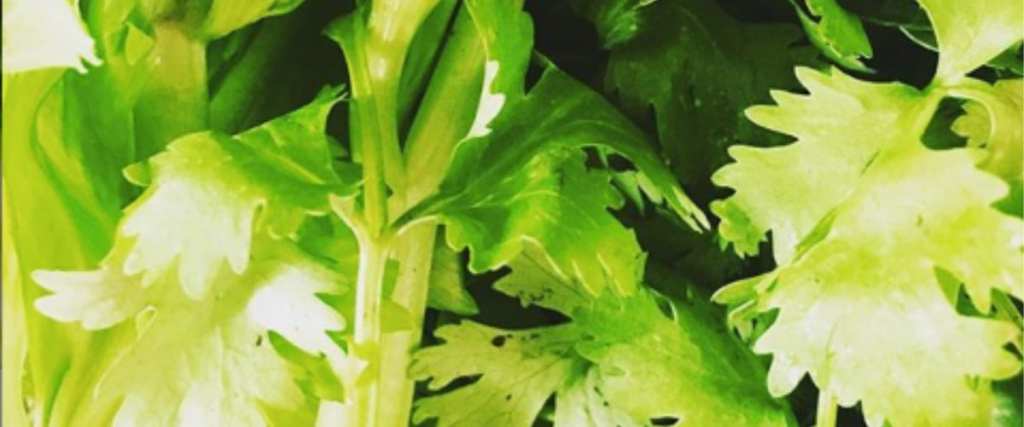Trending Now
Cilantro is such a controversial herb that I often leave it out of recipes unless I know the specific preferences of the people who will be eating the final dish. It’s one of those foods that people love or hate; there’s really no in between.
It turns out there could be a scientific reason why – and your genetic makeup and/or country of origin could be to blame.
https://www.instagram.com/p/B5vhlxMJkEd/
Cilantro (or coriander, as it’s known in much of the world) produces a specific subset of organic compounds called aldehydes, which give off highly pungent odors when expressed. These are likely the reason some people think cilantro smells and tastes “soapy,” while others believe its scent is fresh and citrusy when the plant is crushed.
But what causes people to smell and taste the same plant, and the same organic compounds, differently?
One reason could be cultural. For centuries, cilantro/coriander was much more prevalently used in non-western dishes, and European and American people weren’t keen on trying those types of “foreign” dishes until sometime after WWII, when it came en vogue.

Image Credit: iStock
One study showed that while 17% of Caucasians dislike the taste of cilantro, only 4% of Hispanics and 3% of Middle Eastern folks have the same distaste. This backs up the claim that simply growing up eating the herb is enough to encourage most people to like the taste, rather than the opposite.
More recently studies have also shown specific genetic differences between the cilantro-haters and lovers as well, with 23andMe identifying a small DNA variation in a cluster of olfactory receptor genes that creates the “soapy” taste for those who have it.
https://www.instagram.com/p/B6LekUpHux7/
Twin studies have added to the science that supports the idea of a genetic component. 80% of identical twins share preferences on cilantro, while only 42% of fraternal twins agree on the herb.
To be clear, these studies don’t negate the idea that certain cultures are predisposed to like the herb because genetic profiles differ from region-to-region, as well.
So, the next time someone gives you a hard time for turning up your nose at a little piece of cilantro, well, just blame it on your genes.
There’s nothing you can about that!






